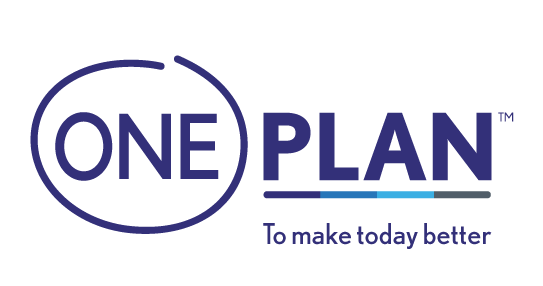Every year from the 1st to the 7th of August, mothers, women and people from around the globe, come together to celebrate World Breastfeeding Week. In honour of this occasion, we have put together some fascinating facts on breastfeeding.
World Breastfeeding Week is a momentous celebration that honours the Innocenti Declaration that was signed in August 1990 that agreed to protect, promote and support breastfeeding around the world.
Related: Breastfeeding Tips: Everything you need to know in the first week
World Breastfeeding Week 2024
According to WHO, “The theme for 2024 is Closing the gap: Breastfeeding support for all. The campaign will celebrate breastfeeding mums in all their diversity, throughout their breastfeeding journeys, while showcasing the ways families, societies, communities and health workers can have the back of every breastfeeding mum.”
Breastfeeding is an incredible act in more ways than one. It creates an intense bond between you and your baby with the first few hours of his or her birth and benefits both your health and your baby’s. Your breast milk is quite literally “liquid gold” in the health benefits it contains.
For pregnant women or those who might be on the fence about breastfeeding and those who swear by it, we have put together some amazing facts on breastfeeding and your breastmilk. Keep in mind that breastfeeding does not only refer to nursing, it can also mean pumping or using a supplement form of nursing system.
Top 10 facts on breastfeeding
1. Breastfeeding protects your baby from childhood sicknesses
Breastmilk contains antibodies (the fighting cells of your body’s defence system) your child needs to fight off certain diseases that tend to make children sick. Breastfeeding can lower your baby’s risk of diarrhoea, stomach issues, ear infections and pneumonia.
2. Breastfed babies grow up to be healthier and stronger
Babies who are breastfed have a lower risk of developing issues such as obesity, diabetes and asthma when they grow up. The benefits of breastfeeding are long term and can contribute to a lifetime of good health.
Discover: What To Expect in the First Trimester of Pregnancy PLUS 9-Step Checklist
3. Breastmilk has healing properties
Breastmilk contains unique elements that can help fight off infection and reduce swelling in your breasts. This means that if your breasts are sore and tender for the first couple of days after birth, then you can use your breastmilk to gently massage them to soothe the swelling and speed up your recovery.
4. Breastmilk has a unique scent
Your newborn baby has a strong sense of smell and can smell your breastmilk. This is why he or she will turn their head towards you when they are hungry.
5. Breastfeeding helps expose your little one to different tastes
Formula only has one taste, whereas breastmilk can change in taste depending on your diet. Your breastmilk contains certain elements of what you eat (in an indirect way). This means that your baby gets a little taste of the food in your diet, which can sometimes help your baby to eat and enjoy solid foods when he or she is older (solid foods should be phased in around 6 months of age).
6. Your baby bonds with you
Babies are born nearsighted; this means they can only see about 40cm in front of them. When your baby breastfeeds, she can get a close-up look of you, your face and your features, this creates a bond between the two of you. Your baby can also feel your heartbeat, smell what you smell like and feel your love.
7. Breastfeeding speeds up recovery from your pregnancy and the birth of your child
As if breastfeeding didn’t have enough benefits – the hormones that are released when breastfeeding help the uterus to shrink back to its original size (before the pregnancy).
Read this: What’s The Deal with Cravings During Pregnancy?
8. Breastfeeding is good for you!
Did you know that breastfeeding can burn up to 600 calories a day? This means that breastfeeding helps you to naturally lose some of your baby weight. It also helps lower your risk of ovarian cancer and breast cancer.
9. The first breastmilk you produce is known as ‘liquid gold’
Before your normal breastmilk kicks in, during the first few days after your baby’s birth, your breasts will produce a sticky, thick and yellowish form of fluid. This is known as colostrum, and it contains proteins, minerals, calcium, potassium and important antibodies for your baby. Your baby will need just a few teaspoons of this liquid to stay healthy and feel full until your milk flow increases to the normal amount (which is roughly 2 to 5 days after birth).
10. Breastfeeding during the first 6 months is crucial for your baby’s development
WHO recommends that mothers should breastfeed within the first hour of giving birth. For optimal growth, your baby should be exclusively breastfed during the first 6 months of their life. Breastfeeding should continue up to 2 years of age.
We hope you learnt some wonderful facts about breastfeeding, and don’t forget to make sure you have comprehensive health insurance to make sure you and your baby are taken care of!
Your Health Insurance Family,
Oneplan




